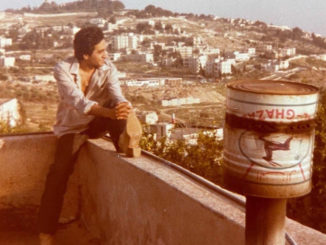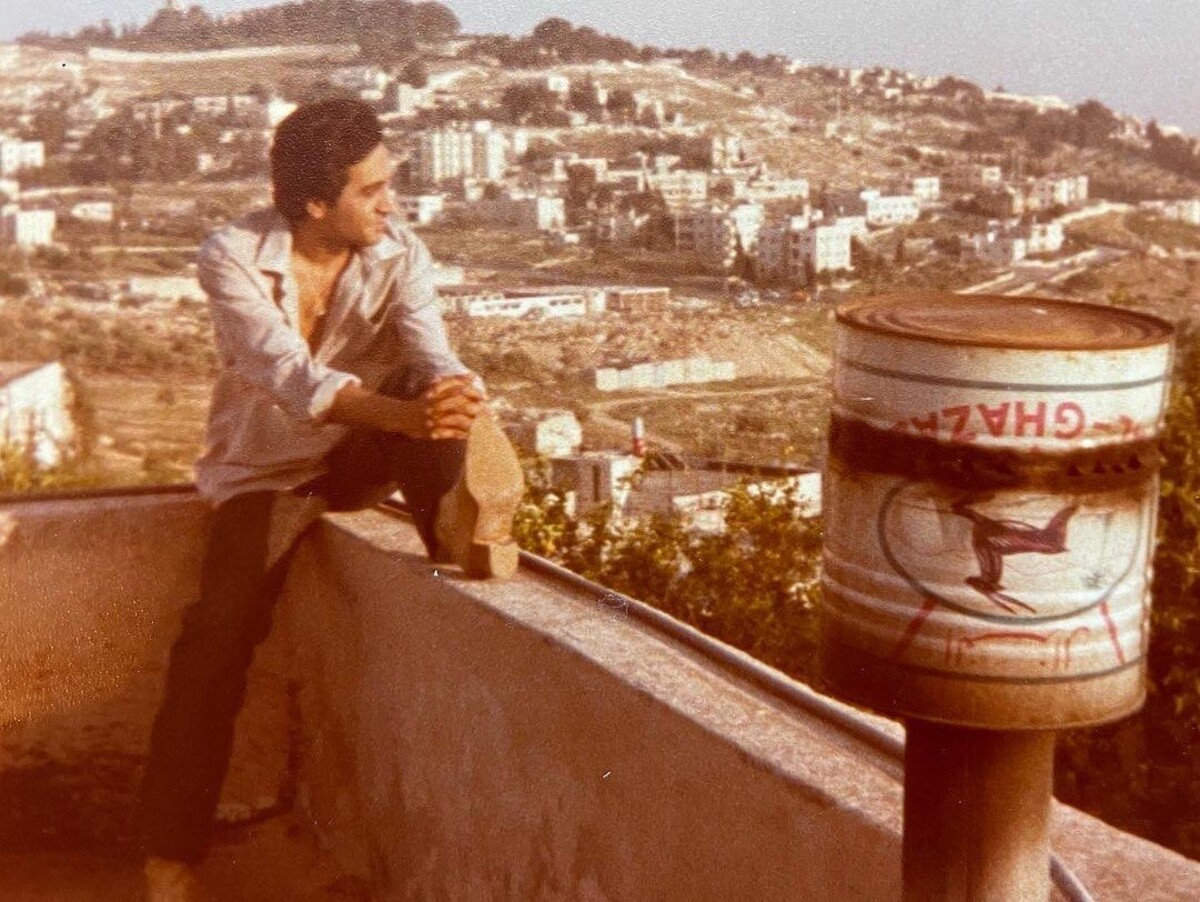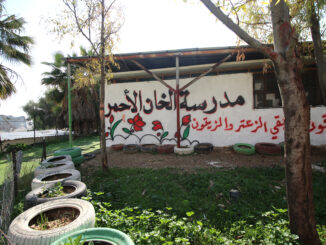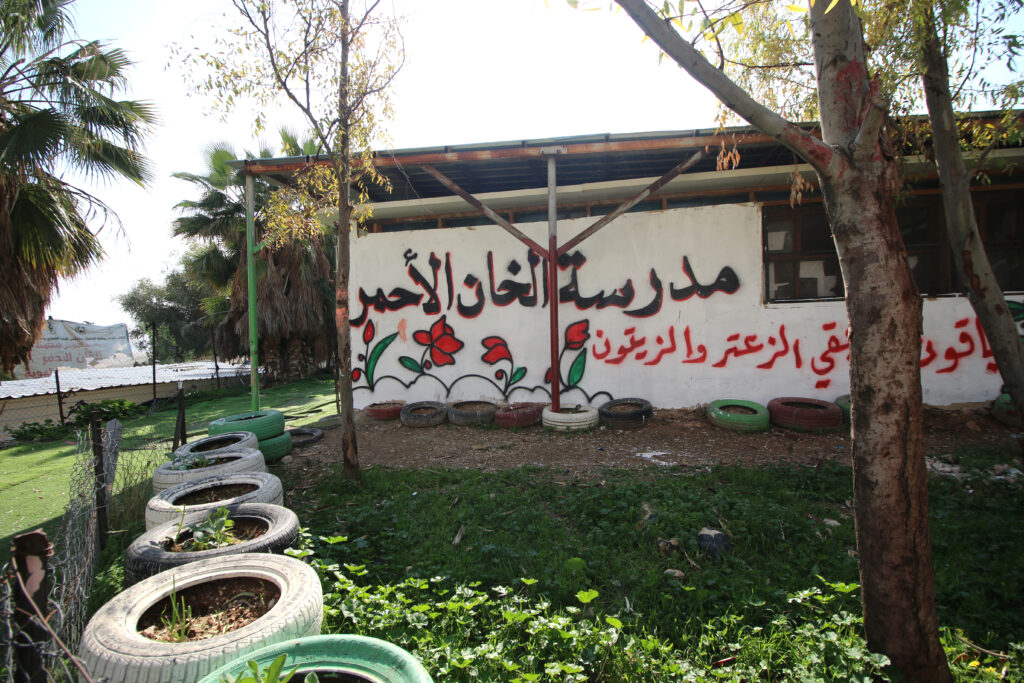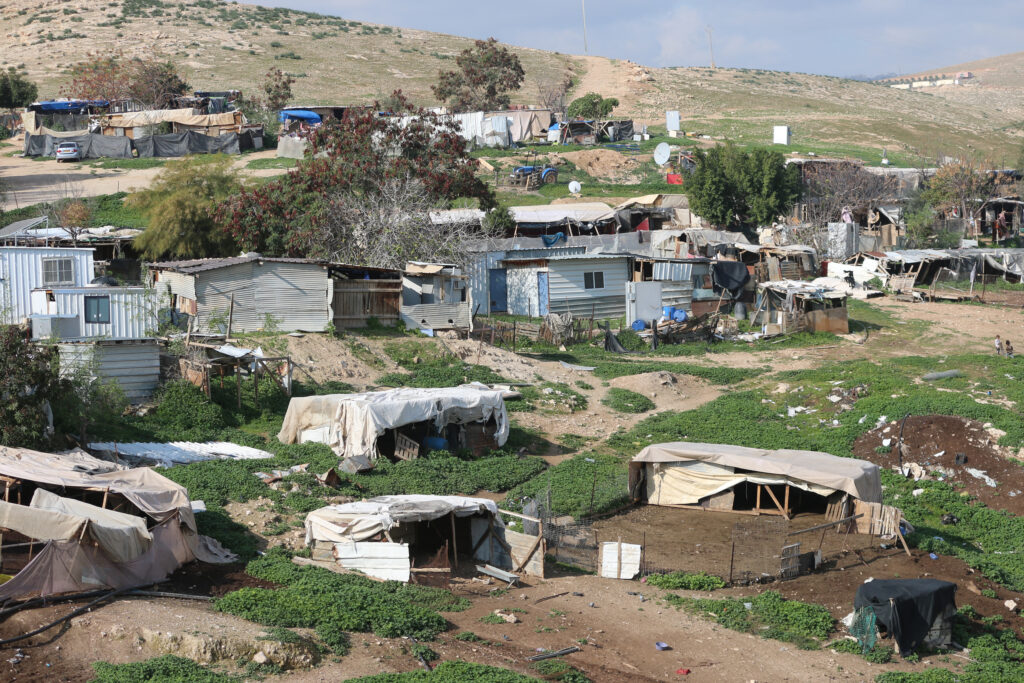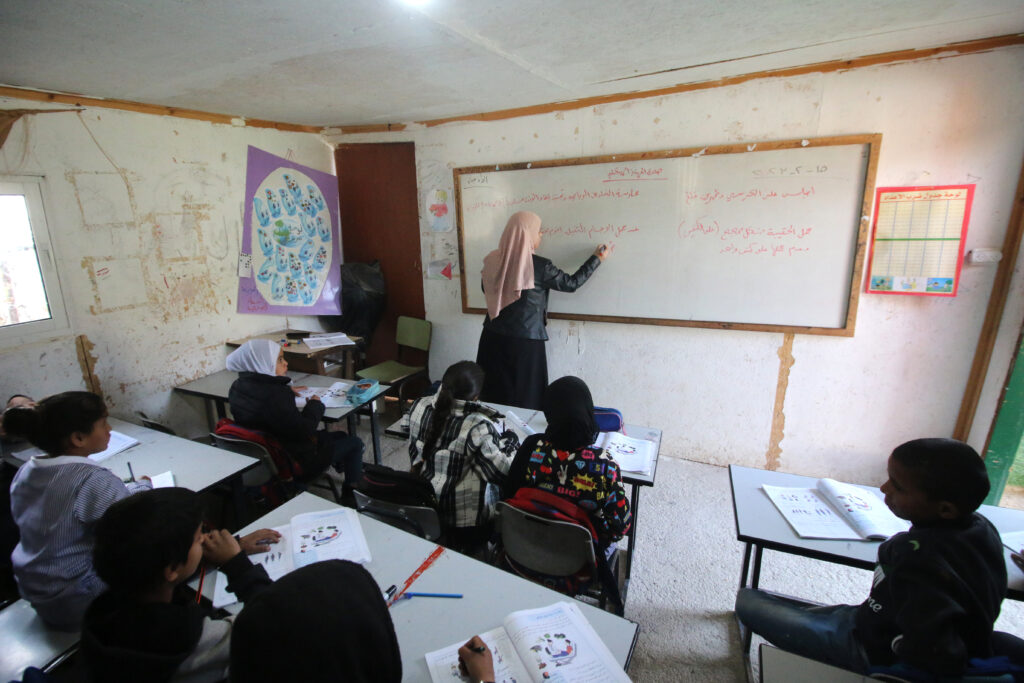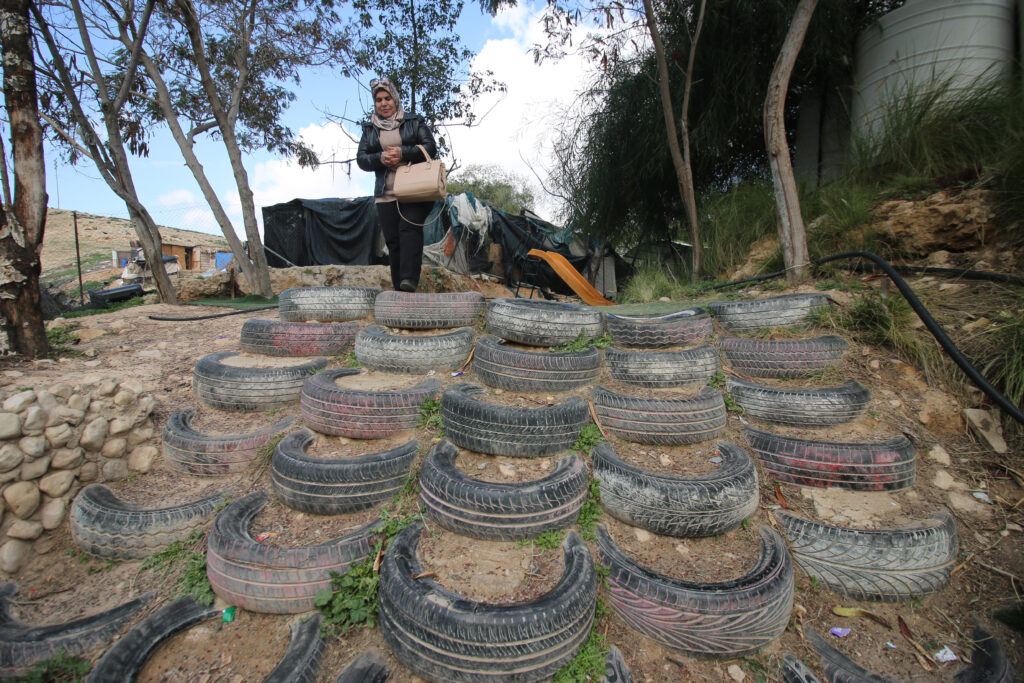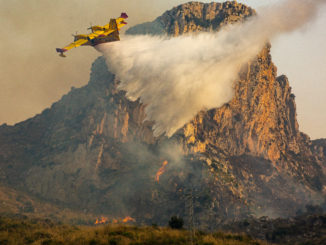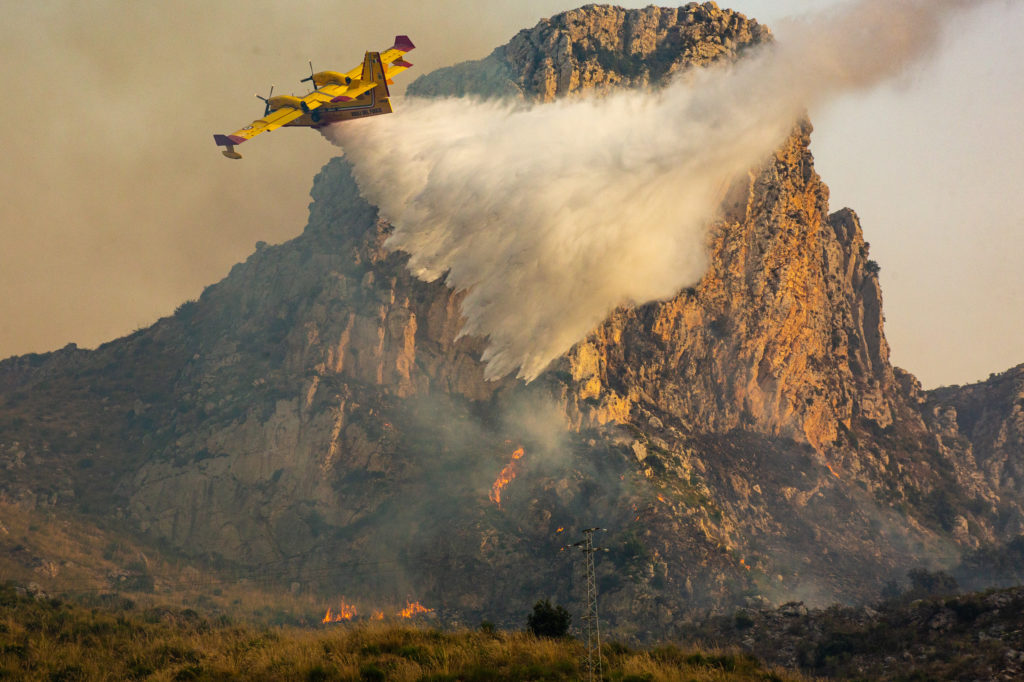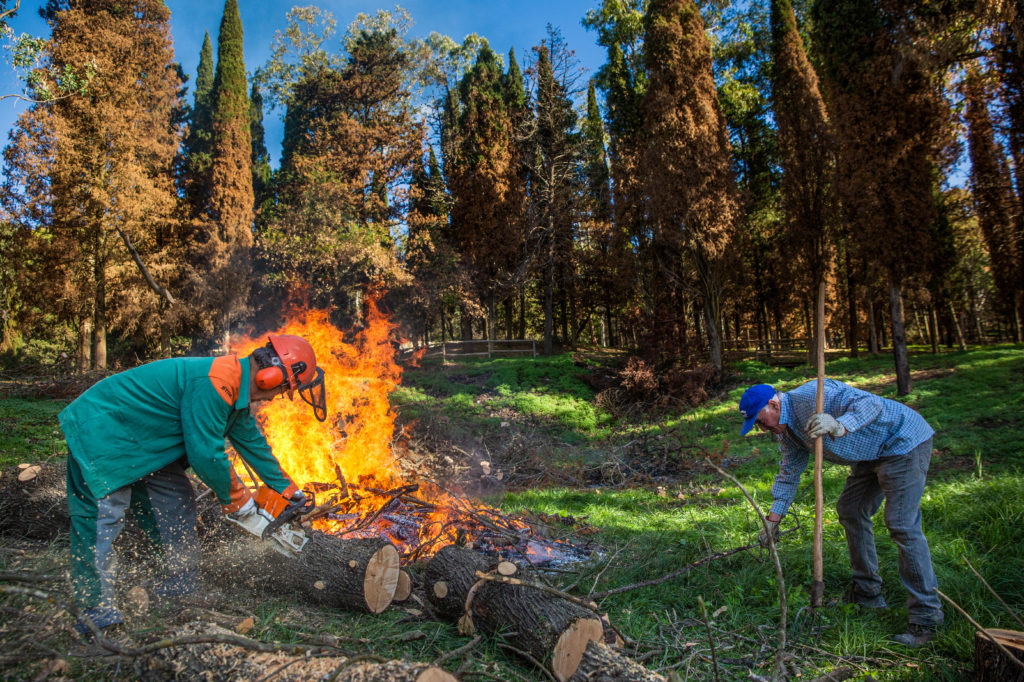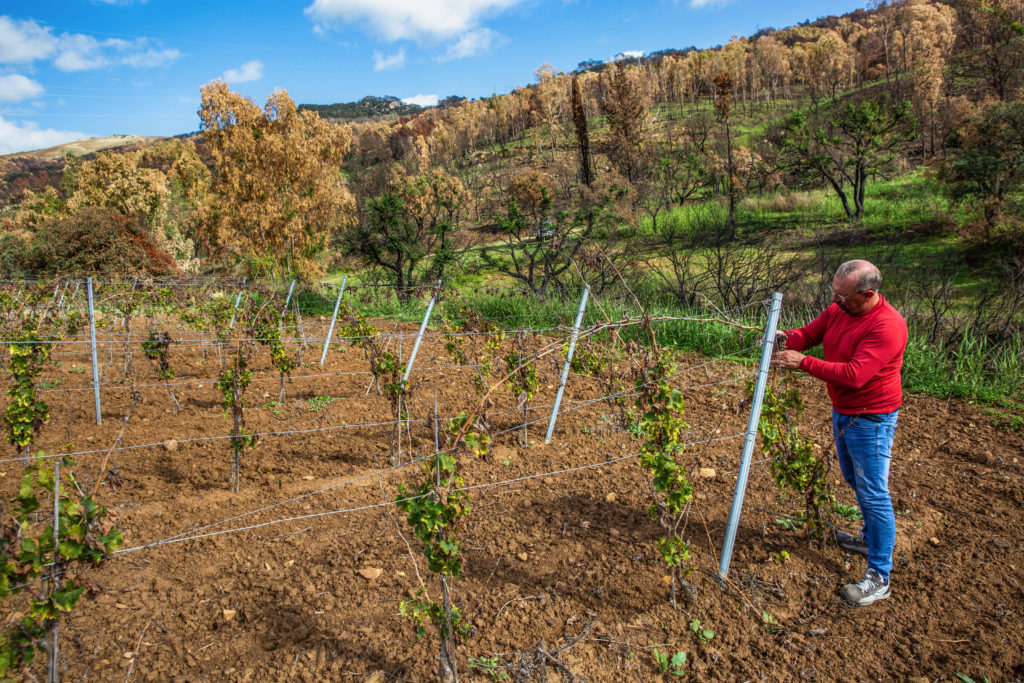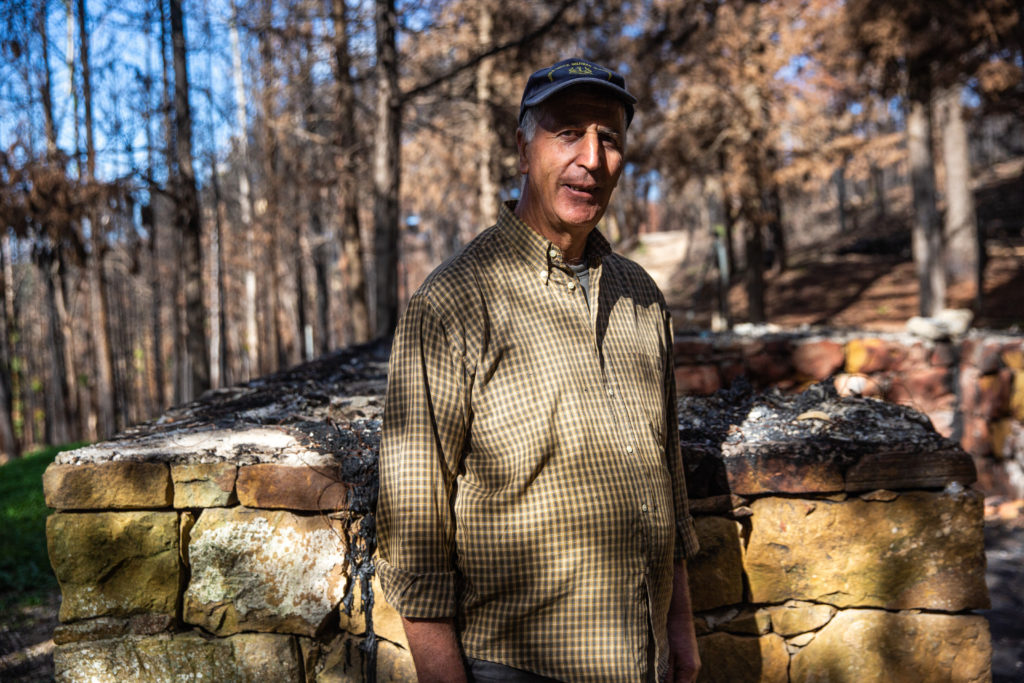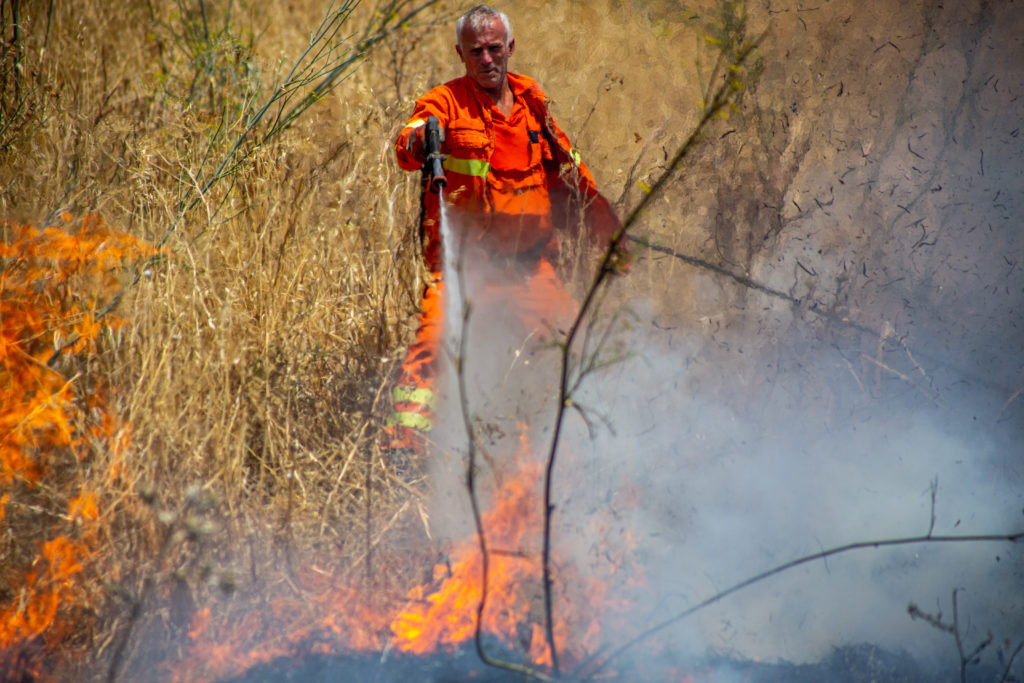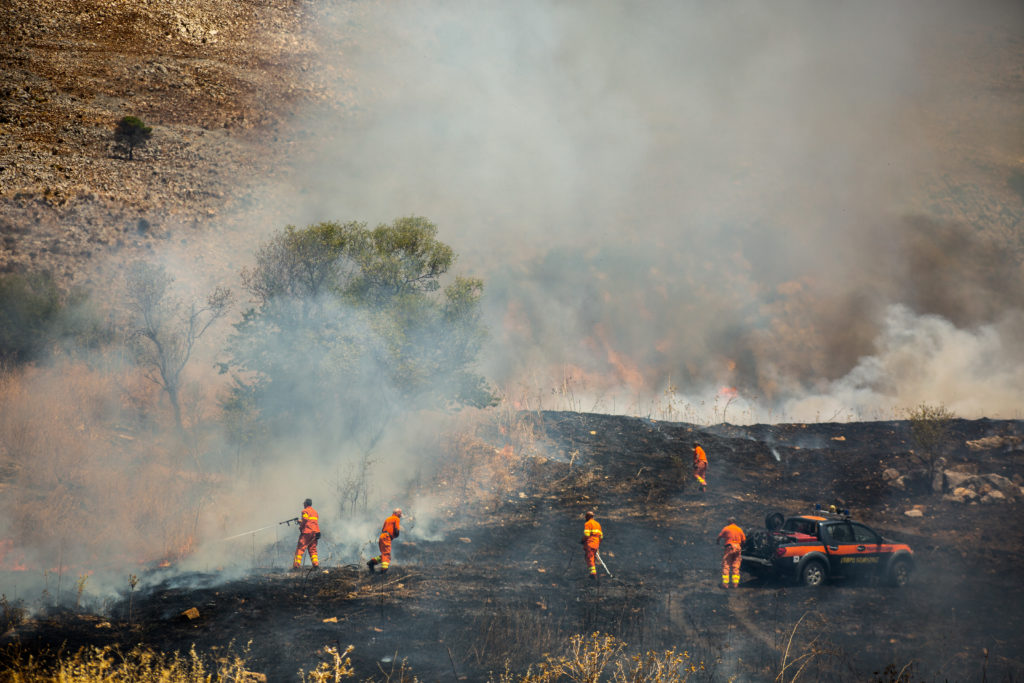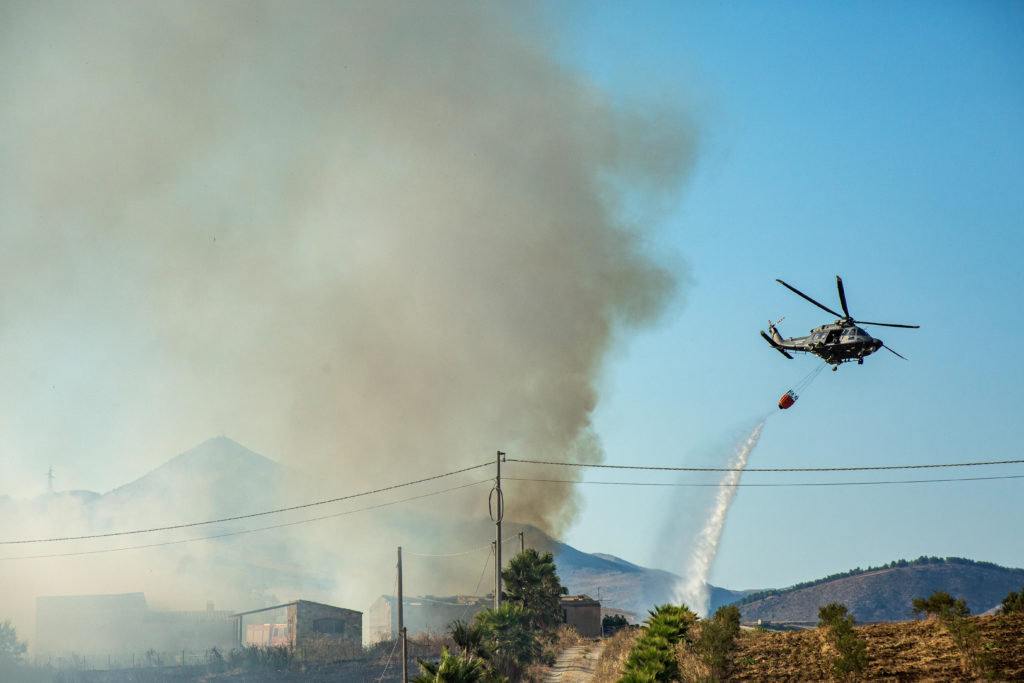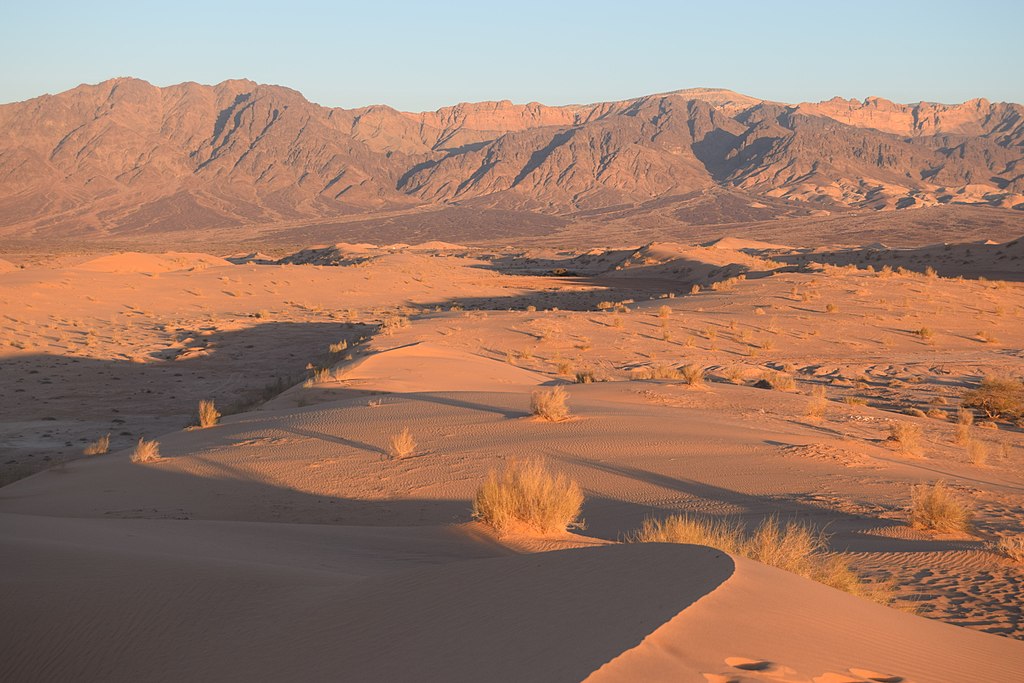
WADI RABAH, Palestine—On August 11, the Israel Civil Administration (ICA) is expected to discuss construction of the Nahal Rabah cemetery in the occupied West Bank. Experts and activists claim the cemetery, which was approved without an environmental survey, will disrupt the region’s biodiversity in addition to harming Palestinian land.
Last week, activists from the Israeli climate justice movement, One Climate, barricaded themselves to the head office of Chevra Kadisha, the Tel Aviv burial society promoting the cemetery’s construction in Nahal Rabah (or Wadi Rabah in Arabic). Chevra Kadisha is working in conjunction with the Israeli settlements of Elkana, Oranit, and the Samaria Regional Council, the governmental body overseeing Israeli settlements in the West Bank, to build the burial site.
Led by an activist dressed as a gazelle—one of the main species at risk of losing their habitat in Wadi Rabah if development occurs—the One Climate group stormed the Chevra Kadisha office on July 26, demanding to meet with the company’s CEO, Rabbi Avraham Menela.
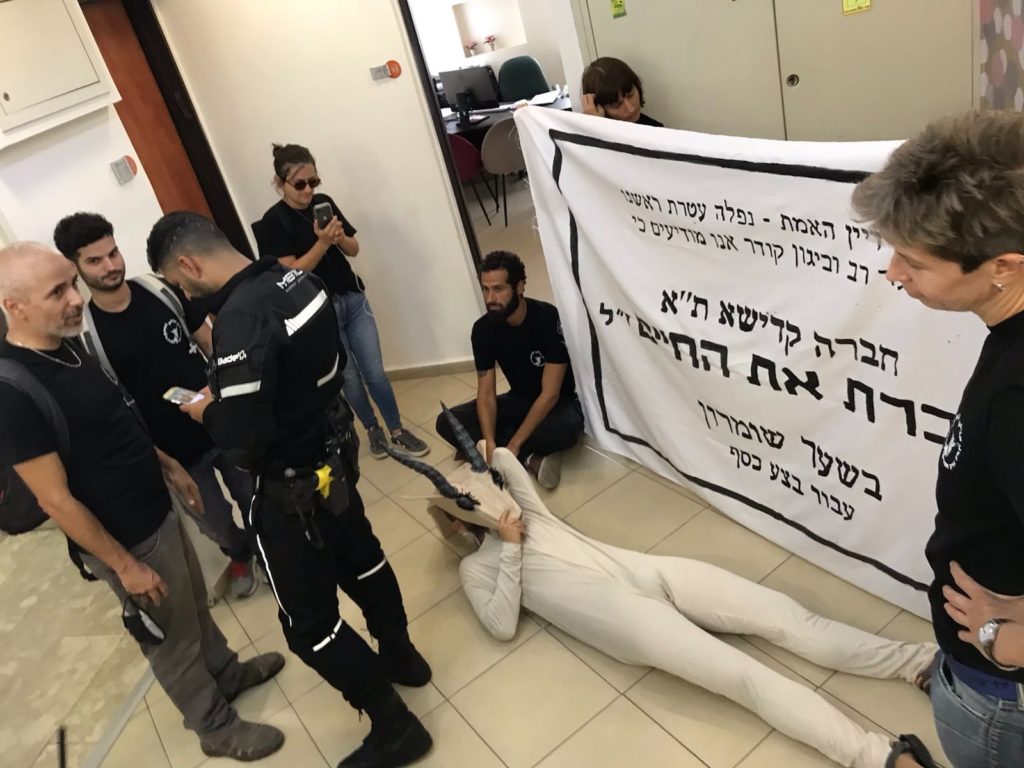
“We will not leave until the CEO will provide us with an explanation as to why they are promoting a plan that seems purely geared to make profit off of field-burial plots,” said One Climate activist Tamar, who declined to give her last name. “While field burials are being phased out inside Israel, this cemetery might turn Israelis into settlers after their deaths.”
During the demonstration, activists emphasized the cemetery’s construction is part of a political agenda to create Jewish territorial contiguity between the city of Rosh Ha’ayin—in proximity to Wadi Rabah inside Historic Palestine (or modern-day Israel)—and Israeli settlements in the West Bank. They said that would deepen the de-facto annexation of Area C, a region of the West Bank under full Israeli military control.
Chevra Kadisha, said the activists, is participating in the theft of Palestinian land in order to bury Jewish bodies—creating irreversible destruction in the name of Jewish supremacy.
One Climate was not able to meet with Menela on July 26, but Chevra Kadisha suggested activists call the firm to set up a meeting. One Climate contacted Chevra Kadisha to schedule a meeting, but the date hasn’t been established yet. Chevra Kadisha did not respond to Toward Freedom’s requests for comment on the cemetery’s construction as well as on the opposition.
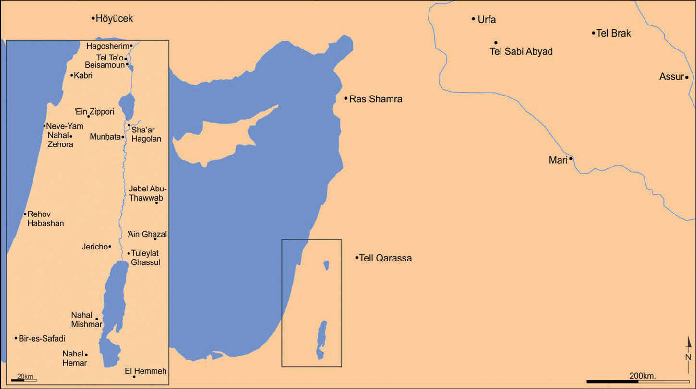
A Sensitive Ecological Habitat Under Threat
Wadi Rabah is part of the central ecological corridor between the Jordan River and the Mediterranean Sea. It is considered a sensitive ecological habitat, filled with diverse animals and plants. It is also located on occupied Palestinian land, expropriated in the 1980s.
Mazin Qumsiyeh, a Palestinian scientist and director of the Palestine Museum of Natural History and the Palestine Institute for Biodiversity and Sustainability at Bethlehem University, explained the area is a Mediterranean hotspot of particular environmental concern because the region’s biodiversity has become rare and endangered due to a changing climate.
Qumsiyeh emphasized the area must be protected, given it is a passageway for millions of migratory birds.
Quarry Splits Palestine
The cemetery isn’t the only construction in development in Wadi Rabah. Israel’s Ministry of Defense is promoting a settlement industrial zone and the expansion of the Hanson Israel quarry, a subsidiary of German company HeidelbergCementAG. The ICA, which oversees all civilian matters in the West Bank and operates under the Defense Ministry, did not respond to press inquiries regarding these building proposals.
The existing quarry in Wadi Rabah was built on about 148 acres of Palestinian land, including private land belonging to al-Zawiya, a Palestinian village home to over 6,000 people in the West Bank. In February 2019, Israeli authorities seized an additional 24 acres of private Palestinian land belonging to the village of Rafat, which is now the site of the proposed quarry expansion. While located in Area C, the quarry was built on the Israeli side of the apartheid wall, the barrier dividing the West Bank and historic Palestine. The strategic placement of the quarry encloses it inside historic Palestine, cutting off al-Zawiya and Rafat residents from their agricultural lands.
Christoph Beumelburg, communication director at HeidelbergCementAG, told Toward Freedom that the quarry expansion is ongoing and nothing is finalized yet.
“We are confident that all regulations and processes are in coherence with applicable law within this license extension application process, including all environmental studies,” Beumelburg said.
‘Way to Control Land’
Yet, according to Moshe Perlmuter of the Society for Protection of Nature in Israel (SPNI), it isn’t possible to sustainably develop Wadi Rabah.
“You can’t build something that won’t cause damage in this place,” Perlmuter said. “If you build inside [Wadi Rabah], you make the natural area smaller and gazelles, especially, need a very wide area to live.”
For Qumsiyeh, the building plans in Wadi Rabah—especially the cemetery—are just another Israeli colonization attempt.
“These grave settlements are a way to control land and territory.”
Jessica Buxbaum is a Jerusalem-based freelance journalist reporting on Palestine and the Israeli occupation. You can follow her on Twitter at @jess_buxbaum.

